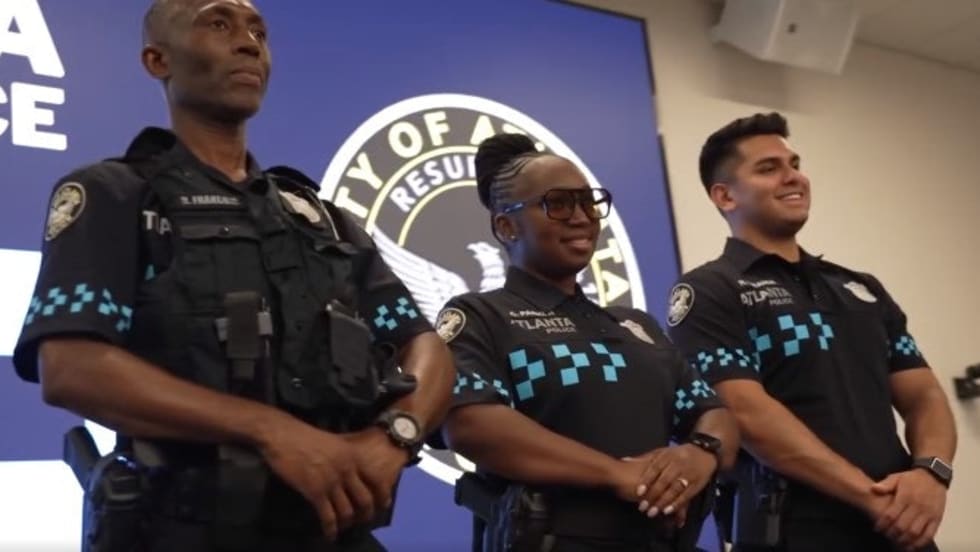Now the ACLU and civil rights groups are demanding that Amazon stop selling the software tool, called Rekognition, to police and other government entities because they fear it could be used to unfairly target protesters, immigrants and any person just going about their daily business.
The two law enforcement groups that appear to so far be using the service say they are not engaging in anything that far-reaching, USA Today reports.
For now, Orlando police have created a database composed only of pictures of the faces of a handful of Orlando police officers who volunteered to participate in the test. It is then comparing those faces to images from eight city-owned surveillance cameras to see if it can correctly identify the officers when they are in the images from the cameras.
In Oregon, the Washington County Sheriff’s Office is using the program to look for matches within its own database of booking mug shots, said Deputy Jeff Talbot. The department also confirms each match made through the Rekognition software by another method, he said.
“We are using this facial-recognition technology to try to identify suspects in criminal investigations only,” said Talbot. “We are not doing mass surveillance, we are not doing non-crimes and we are not doing real-time surveillance."










